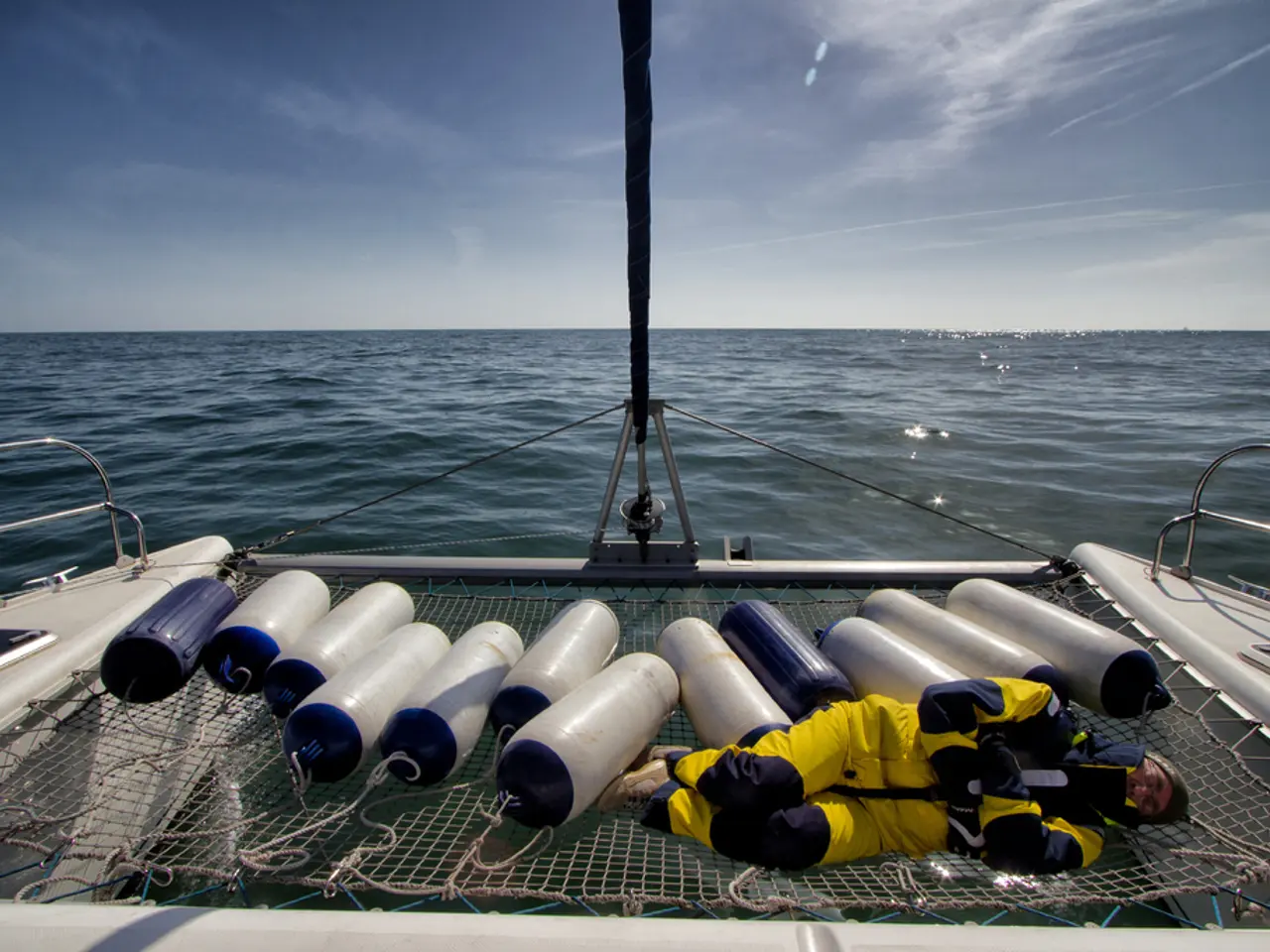Standing with Iran: Pakistan's View on the Israel-Iran Conflict
Israel-Iran conflict: Pakistani Prime Minister explicitly demonstrates unwavering support for Tehran
Amidst the ongoing Israel-Iran conflict, Pakistan has made its position crystal clear, showing solidarity with Iran and calling for Muslim unity against Israel's aggressive actions. Here's a breakdown of Pakistan's stance and its potential repercussions:
1. Solidarity and Support
- Unyielding Solidarity: Pakistan has affirmed its unwavering support for Iran, expressing solidarity with the Iranian government and their people in the face of Israeli aggression.
- Diplomatic Support: Pakistan has vowed to champion Iran's cause on the international stage, underscoring its commitment to upholding Iranian rights[1][2].
2. Call for Muslim Unity
- Uniting Against Israel: Pakistan's Defense Minister has rallied Muslim nations to band together against Israel, cautioning that if they don't, they could each become targets in the future[2].
- Breaking Diplomatic Ties: Minister Asif encouraged Muslim countries with diplomatic ties to Israel to sever them straightaway[2].
3. Nuclear Threat Claims
- Iranian Claims: An Iranian military official hinted that Pakistan might launch a nuclear attack on Israel if Israel employs nuclear weapons against Iran[3][4]. Yet, Pakistan hasn't officially validated this claim.
- Pakistan’s Position: Pakistan's Defense Minister has clarified that the country's nuclear arsenal is meant for defensive purposes and observes international nuclear regulations[2].
4. Closure of the Border with Iran
- Heightened Security Measures: All Pakistan-Iran border crossings have been sealed indefinitely due to the intensifying tension in the region[1].
- Continued Trade Activities: Despite the border closure, trade operations have been maintained, and Pakistani citizens are permitted to return from Iran[1].
Implications
- Regional Stability: Pakistan's stance could sway the course of regional stability, potentially influencing other Muslim-majority countries to side with Iran against Israel.
- Nuclear Escalation: The unverified nuclear threat claim by Iran poses the risk of intensifying tensions, should it be heeded by Israel or other nations.
- Diplomatic Dialogue: Pakistan's effort towards diplomatic discourse, particularly Iran's readiness for talks if Israel halts its attacks, suggests the potential for a peaceful resolution[5].
- Pakistan's Army Chief has raised concerns over the global business impact, particularly oil prices, if the Israel-Iran conflict escalates into a full-fledged war [6].
- Meanwhile, Islamic countries across Asia, such as Malaysia and Indonesia, have issued statements expressing their concern over the conflict and urging for a peaceful resolution [7].
- Additionally, a leading health organization in Pakistan has warned of a potential public health crisis if the conflict results in the displacement of refugees, as historically shown in war-and-conflicts-affected regions [8].
- Lastly, local news outlets are reporting increased political tension domestically as Pakistan's opposition parties criticize the government's handling of the Israel-Iran conflict, demanding a clearer stance on the issue [9].








